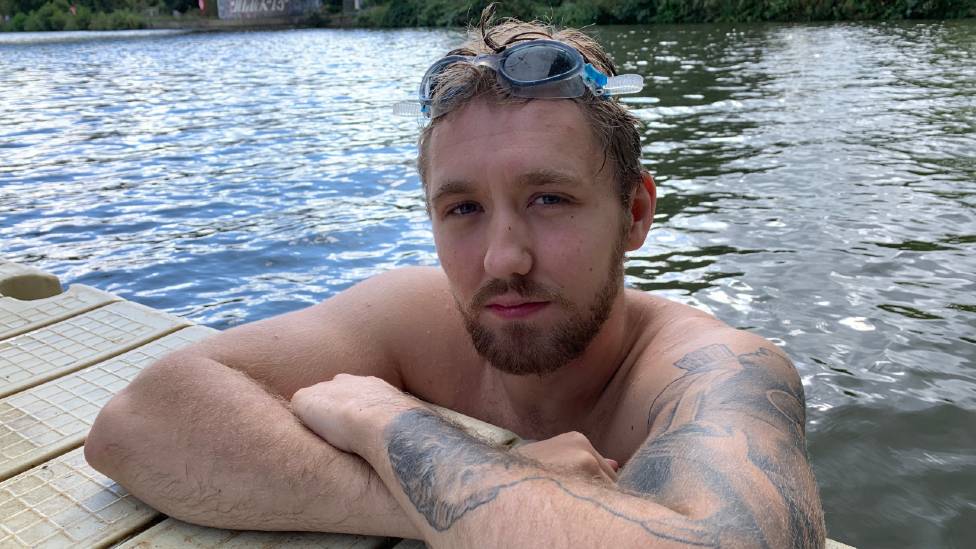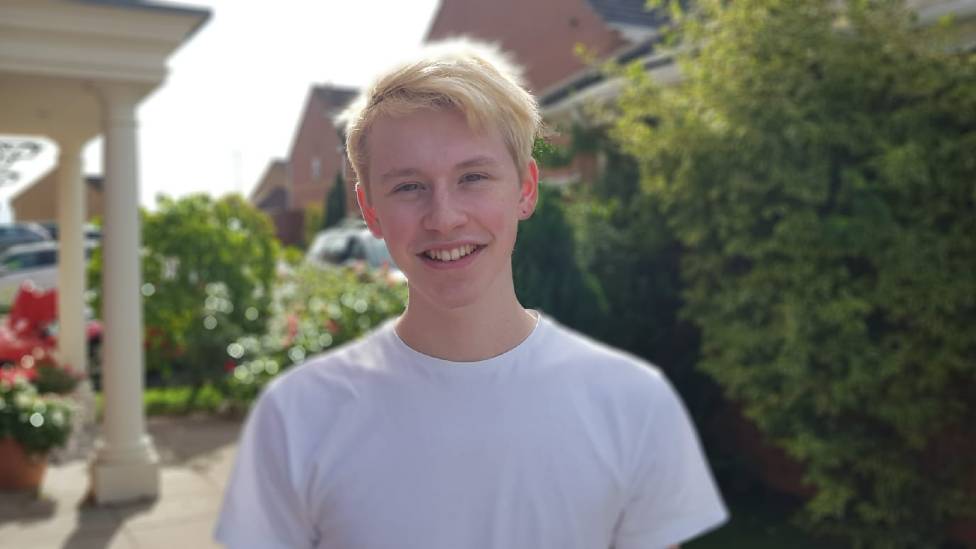With Respect, Agreeing to Disagree
 |
"Young people are not immune from that outcome ['long-haul' symptoms post-COVID].""Is it actually justifiable to intentionally infect anybody -- no matter their current health status? I think that's a very open question, ethically."Francis Collins, director, National Institutes of Health, Washington"[For healthy young people], the risks are low and the potential benefits huge.""[The British government deserves credit] for going where no one wants to go."Alastair Fraser-Urquhart, petition project manager, 1Day Sooner
 |
"Deliberately infecting volunteers with a known human pathogen is never undertaken lightly.""[But], it is really vital that we move as fast as possible toward getting effective vaccines and other treatments for COVID-19, and challenge studies have the potential to accelerate and de-risk the development of novel drugs and vaccines."Peter Openshaw, immunologist, Imperial College London"What is the risk of trial versus the risk of living in London or going to university""You might get a vaccine or you might learn which vaccine is most efficient [at a time when thousands are dying around the world every day, in a world where the death toll from the coronavirus has passed, 1,100,000]."Dominic Wilkinson, professor of medical ethics, University of Oxford
An accelerated observation is set to take place in Britain, a challenge test, research led by scientists at Imperial College London, in an experiment paid for by the government of Britain. Volunteers between the ages of 18 and 30 are to be deliberately infected with the coronavirus to enable researchers to discover more about its infectability and outcomes. The project is based on the premise that people will be willing to volunteer themselves as living laboratories for research purposes in the hopes of advancing the science on a vaccine.
The very concept seems to challenge the absolute code of medicine: Do No Harm. The goal is to accelerate vaccine development and if even three months could be saved, it is estimated that hundreds of thousands of lives could be saved on a global scale. January is scheduled as the start-date of the experiment when volunteers will be administered a laboratory-grown version of the live virus in circulation while they are quarantined in a secure unit at the Royal Free Hospital in London. After being given the virus, daily and more frequent tests will be undertaken.
Fifty to 90 healthy young adults are set to be involved in the initial phase of the study, geared to determine the minimum amount of virus required to cause an active, measurable infection. In the spring, the scientists anticipate enlisting more volunteers to be inoculated with promising vaccines, then exposed to the virus to determine how well they are protected by the vaccines. The government has signed an agreement for a million doses of a vaccine trialed by Oxford University and Astra Zeneca, as well as with Pfizer, Sanofi and Valneva.
hVIVO, a commercial pharmaceutical company will recruit the volunteers and manufacture the challenge strain of the virus as well as conduct the follow-up tests which will then be reviewed by a specially convened ethics committee as well as the nation's Medicines and Healthcare products Regulatory Agency. The major advantage, according to hVIVO's chief science officer, Andrew Catchpole, is "you get efficacy data so much sooner" than with trials relying on chance exposure which could take months.
 |
| Sean McPartlin, 22, a would-be volunteer. From Ireland, he has a degree in philosophy and is studying in Oxford. |
Lacking a medication to depend upon for 'rescuing' volunteers from the disease should something go awry, gives many scientists pause for thought, urging more caution. The antiviral drug remdesivir will be given to the trial participants, a drug used when U.S. President Donald Trump came down with COVID, now approved for temporary use in the treatment of COVID in over 50 countries. Recently, however, the World Health Organization reported large clinical trials in 30 countries with remdesivir failed to validate substantial effect on mortality.
Should a clinical subject become seriously ill, or one happen to die in the British challenge trials, the involved scientists, pharmaceutical companies and the government itself could be held responsible, condemned as reckless. It would also have a knock-on effect of persuading the British public that such government initiatives will be faulty, leading them to view clinical trials and new vaccines as less than trustworthy.
And this is an area where segments of the population are already skittish in viewing the safety of a vaccine developed in too-short a time frame to prove its long-range safety. Despite which, over 38,000 people have indicated that they are willing to volunteer for the challenge project.
 |
| Alastair Fraser-Urquehart, 18, preparing to study cancer biomedicine at University College London, has decided to take a year out to work with 1Day Sooner, a group campaigning for COVID vaccine challenge trials.. |
Labels: Britain, Challenge Trials, COVID-19, Deliberate Infection, Research, Volunteers

0 Comments:
Post a Comment
<< Home